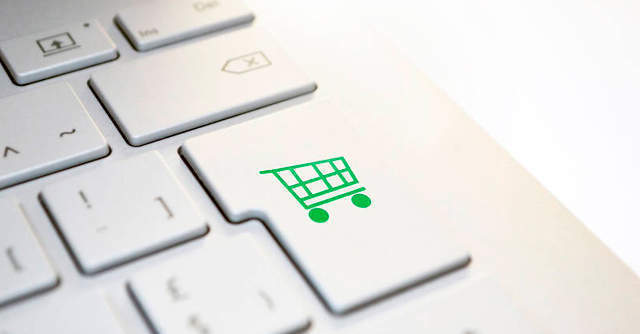
Ecommerce companies to reboot services in phases after April 20


Maharashtra, Rajasthan and Odisha have allowed ecommerce companies to resume delivery of both essential and non-essential items during the second phase of Covid-related national lockdown. Now, other states have considered taking similar measures.
The move will help etailers resume operations at scale in certain regions. According to industry watchers, resuming pre-Covid level of deliveries and services will take time due to supply chain constraints, reduction in discretionary spends and lack of manpower at warehousing and delivery channels.
“We are working with lakhs of sellers, small businesses and artisans across India and helping them prepare their business and workforce to make products available for consumers in this time of need as they continue to stay indoors. Our seller support team is providing constant counsel and on-ground support to sellers on our platform to help them resume operations in a few days,” a statement issued by a spokesperson at Flipkart Group, said.

However, Ankur Pahwa, partner and national leader of e-commerce and consumer internet at EY India said that a quick ramp-up might be difficult.
“There is yet a lot to be addressed along with the value chain -- from a patchy supply chain to the lack of manpower to enable quick ramp-up. Companies already having essential items (milk, groceries, baby products, pharmaceuticals) amongst their product catalogue may find it easier to get back up to speed. Full-scale services are likely to take some time to come back to pre-Covid levels,” Pahwa told TechCircle.
Ecommerce giants Amazon and Flipkart did not respond to specific queries on the scale of operations or number of sellers who will be able to resume operations. In a statement, Snapdeal said that it was working on trimming delivery timeline from next week onwards for both essential and other categories of products.

“Since there are many orders with us, as well as those in transit, and sellers also have stocks, we don’t anticipate any short-term supply chain constraints across popular categories,” the statement said, adding that around 50% of its seller base was likely to be active.
In a separate statement, Flipkart has said that it will give sellers the flexibility to not work on the platform for the duration of lockdown. It is also in discussions with sellers in the essential items category for updates on fast-moving items.
While the guidelines issued by the Ministry of Home Affairs on April 14 said that all facilities in the supply chain of essential goods including e-commerce will be allowed, states and union territories are within their rights to extend these to mitigate public hardships.

“Some are taking a cautionary approach towards the resumption of services and are awaiting further clarifications to address, while others have already started preparations to get back to business on April 20. Players in the space will also need to look for demand to pick up with consumer sentiment expected to be muted especially when it comes to discretionary spends,” added Pahwa of EY India.
Starting with the ‘Janata curfew’ on March 22, e-commerce companies in India including grocery delivery sector saw a loss of $400 million in revenues within a week. The losses of the entire period for phase one of the national lockdown until April 14 was pegged at $1 billion, according to the market research company Forrester.
After the initial lockdown was announced on March 24, operations of horizontal and vertical e-commerce companies including Flipkart, Amazon, Snapdeal, Nykaa and others were temporarily halted. While Flipkart and Amazon stopped operations and restricted delivery to only essential goods, vertical players in fashion and apparel such as Nykaa and LimeRoad did not resume operations until recently.

“We, at LimeRoad, are extremely aware of the impact this global lockdown is having on the domestic apparel manufacturers. From the 20th April, we will be opening up deliveries to our users in a phased manner reflecting the mobility in the courier network,” said Suchi Mukherjee, CEO at online apparel and lifestyle retail platform LimeRoad in a statement.
